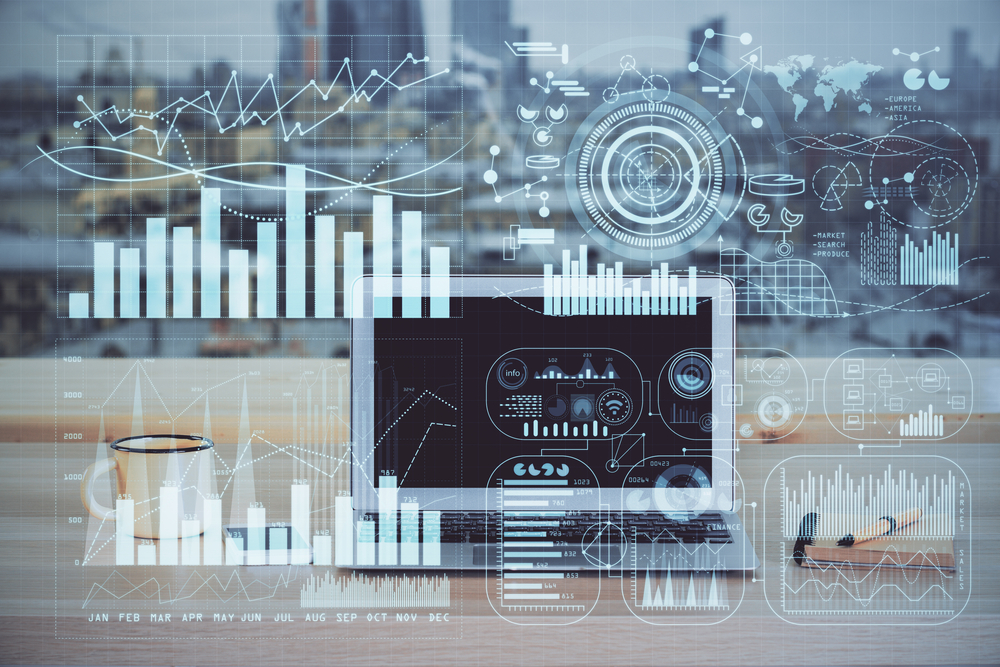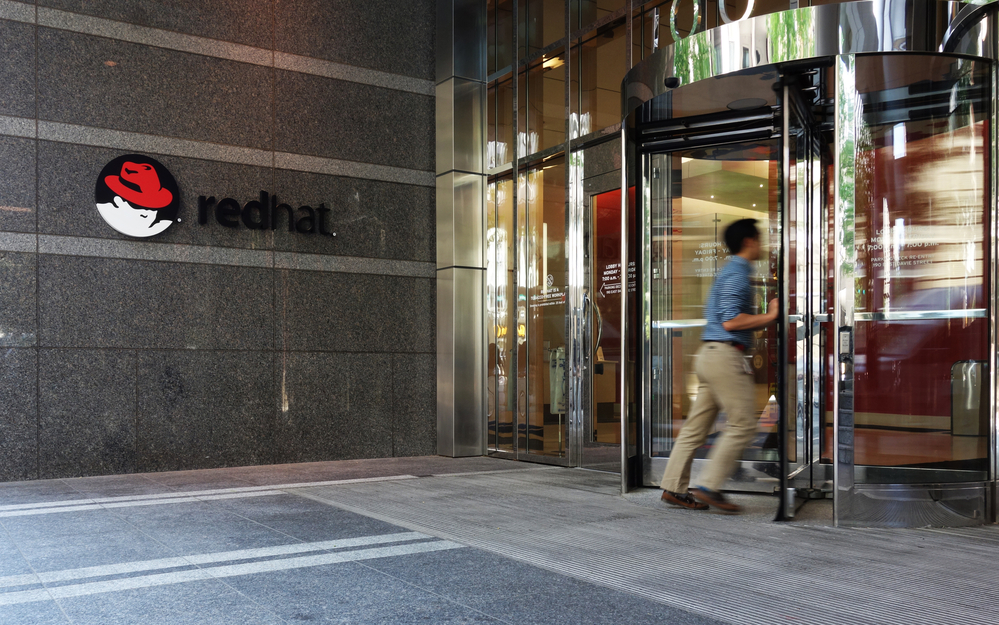
What’s in store for data professionals and professional users of data at the 2023 Gartner Data & Analytics Summit (March 20 – 22)? Thanks to a shift in the global economy, the explosion of generative AI, and the growth of laws and policies, it promises to be different from last year’s Summit.
What is not likely to change is how last year’s Gartner Data & Analytics Summit (Orlando, August 2022) exceeded attendees’, speakers, and exhibitors’ expectations per anecdotal data that was informally collected by this writer. The reasons for this were mainly the chance to discuss common challenges with peers in other industries or disciplines, the quality and applicability of the content, and the appetite for new products or approaches to address the post-pandemic state of data. Yes, we are still reeling from the effects of the pandemic on data.
It seems that the rapid and forced shift to digital business uncovered both significant flaws in data management and new ways to leverage data for analytics, supply-chain management, customer experience, forecasting, and handling the always-changing rules and policies. So, data seemed to be in a state of churn from chaos and disarray to a treasure trove to be mined for new opportunities.
The atmosphere was one of optimism and exploration, with the Gartner analysts seeking to channel that into productive methods for shepherding data. There were many sessions on newer topics like data engineering, DevOps, and data observability. A very new topic (or at least a new name for an older topic) was FinOps and controlling the exploding costs of cloud services.
To be clear, it’s not the cloud services themselves that had become expensive. It’s the fact that the cloud had become the lifeline of many businesses. CFOs were seeing the budgets grow due to the huge increase in data storage and the compute resources that ingesting and using that data required. Exhibitors mentioned that the most significant new conversation they were having with attendees was about cloud costs.
See also: Top Conferences for Data and AI Professionals Working with the Cloud
What will be different this year? The conversation about cost, not just cloud costs, will be pervasive. The Summit’s agenda includes a Strategy and Value track that shows how to make the case for the importance of data and analytics to organizations. It acknowledges the current economic trends with sessions like “Optimize Your Cloud Spending Strategy for Uncertain Times” with Adam Ronthal, VP Analyst, Gartner, and “How Data and Analytics Leaders Can Use a Four-Step Approach to Combat Inflation During Negotiations” with Melanie Alexander, Sr Director Analyst, Gartner. This track and its “Ask the Expert” sessions and Workshops will deliver the kind of critical and useful information that draws attendees to the Summit.
ChatGPT is a force that will shape many conversations at the Summit. There are some dedicated sessions like Gartner Distinguished VP Analyst Arun Candrasekaran’s on the enterprise implications for ChatGPT and generative AI and “Hype Cycle for Natural Language Technologies” by Radu Miclaus Sr Director Analyst, Gartner. Discussions of biased AI, AI risk, governance, and new search technology will shed more light on the guidance around using generative AI responsibly.
A couple of other trends that are noticeable in the agenda are the maturation of data observability into observability of the entire IT estate. We’ve been struggling to rationalize the seemingly distinct areas of data observability, application observability, and infrastructure observability, as it’s difficult to see how you can understand what’s happening in an application without being aware of the data it depends on or acts on. And try understanding the performance issues of an analytics tool without diving into the storage and server layers. Gartner will be presenting a more cohesive observability strategy.
It seems that we have a pretty good understanding of data lakes, data lakehouses, data fabric, and data mesh, so there is less focus on defining them and more on when and how to leverage them.
Last year we had several conversations about the relevance of real time to data and analytics and were puzzled by the lackadaisical responses. Customers weren’t clamoring for it, processes could attain close-enough results, and streaming data was still too difficult to use. Apparently, the market has changed. Perhaps it’s a post-pandemic insight that real time (or near real time) is indeed necessary if you’re trying to run a digital business. Or the technology has evolved to a state that it’s no longer so hard to use. Maybe we can blame generative AI for the sudden attention to real-time data applications–who has the patience to wait more than 2 seconds for a letter to a landlord? Some of the sessions that will provide a better understanding of real-time data workloads are “Real-Time AI and Decision Intelligence” by W. Roy Schulte, Distinguished VP Analyst, Gartner, and a number of interesting sessions by solution providers:
- Aerospike: How to Cost-effectively Modernize Your Real-time Data Architecture for Growth by Srini Srinivasan, CTO, Aerospike
- Confluent: Data Streaming Platforms: The Emerging 4th Estate of Data by Greg Demichillie, VP Product, Technical Solutions Marketing, Confluent
- DataStax: Real Time AI by Mike Hulme, VP, Product Marketing , DataStax
- Exasol Case Study: How T-Mobile Accelerates 5G Rollout by Iterating Data in Real-Time by Cesar Picco, Sr. Software Engineer at T-Mobile
- Incorta: Implementing an Analytics Hub for Near Real-time Reporting by Donald Clarke from Zeus Industrial Products
- Teradata: Using Real-time AI at Scale to Create Breakthrough Business Outcomes at UHG
The 2023 Gartner Data & Analytics Summit once again looks to be the best place to gather as much information about new technology, use cases that show solutions and patterns that work, and, most importantly, the current and near-term trends that Gartner is observing now that will impact how we think about and work with data in the next few years. Learn more about the conference and register here.
Elisabeth Strenger is a Senior Technology Writer at CDInsights.ai.


